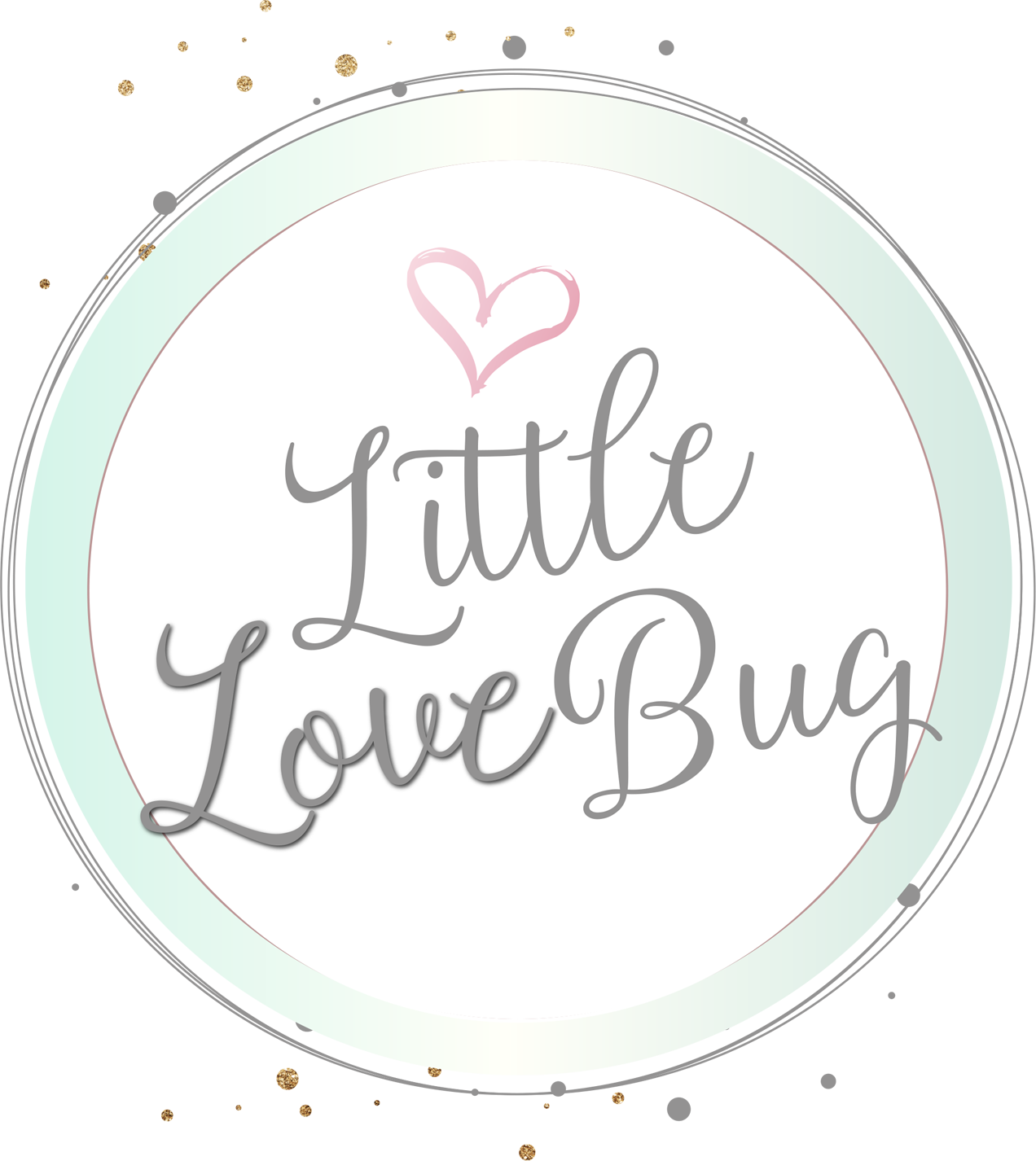
It's time to debunk the myth of the perfect child—or parent.
Do you remember the dreams you had about your child before she arrived? She would never have a snotty nose or be difficult and she'd certainly never talk back. By now you’ve had your rude awakening because in truth, all kids misbehave sometimes. You probably had dreams of being the perfect parent too! You would never lose your cool, reach for short-term strategies or check out completely and park your toddler in front of the TV to get some time for yourself. Well, you’re only human and so is your child and we all have off days …
What can really help busy parents is to have a grasp of basic child psychology: A brief understanding of brain development and age-appropriate behavior can help alleviate stress and guilt and give some clarity around where this misbehavior is coming from.
It is normal for children to test the waters as they try to figure out how they fit into this world. How do they find belonging, connection and capability? How do they find out who they are separate from their parents? How do they deal with their perceptions of being less capable than others and the frustration from lacking the skills to accomplish their desires?

There's a lot beneath the surface when kids misbehave.
A child’s behavior, like the tip of the iceberg, is what we see on the surface. However, the hidden base of the iceberg (much larger than the tip) represents the belief behind the behavior, and the child’s deepest need for belonging and significance. When the child perceives (realistically or not) that this need is not being met, she will misbehave. Most parents react to the behavior with some kind of punishment (blame, shame or pain). This only confirms a child’s belief that she doesn’t belong, creating a vicious cycle of discouragement. To see sustained behavioral change, it is therefore important to uncover and address the underlying beliefs.
In most cases, the child’s belief that he or she doesn’t belong in the family is shocking to parents. How many of you have had the experience of your toddler all of a sudden reverting to babyish behavior when you bring home their new sibling? The baby seems to get all the attention when she cries, thinks the toddler, so I’d better revert to that. Why is she misinterpreting her parents' behavior and can’t understand they can love two children? The clue to this misinterpretation can be found in the development of the human brain.
Brain development happens in stages. Our instinctual and emotional centers (the amygdala and the limbic brain) develop first, and the thinking, logical brain (the neocortex) later. Children may therefore be able to experience and perceive the world through their senses, but their thinking and logical ability are not yet fully developed. This comes later, in adolescence and early adulthood. Children, therefore, are good perceivers but poor interpreters of the world around them. They are not yet able to see the big picture and engage in higher-level thinking, such as figuring out complex cause-and-effect patterns. Parents unaware of brain development may think of the child as a mini adult. This often leads to them asking their children to engage in behavior that is not yet age appropriate. When children don’t, it is seen as misbehavior. This is why it is so important to get into the child’s world to understand the child’s “belief behind the behavior.”
So, there you have it. Misbehavior is a normal process and a clue to how you as a parent can check in with your child and connect more deeply. What are the mistaken beliefs that are inviting him to behave this way? How can I provide a greater sense of belonging and contribution for my child so he feels loved and secure? By the way, this process is the same for adults. We also have a need for belonging and contribution and "misbehave" when those needs are not met. Understanding this makes it easier to be more forgiving with ourselves and others too.
Written by Jane Nelsen for Working Mother and legally licensed through the Matcha publisher network. Please direct all licensing questions to legal@getmatcha.com.


